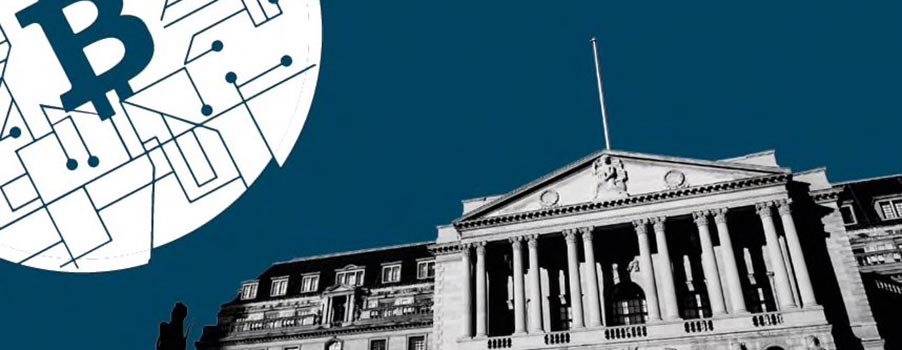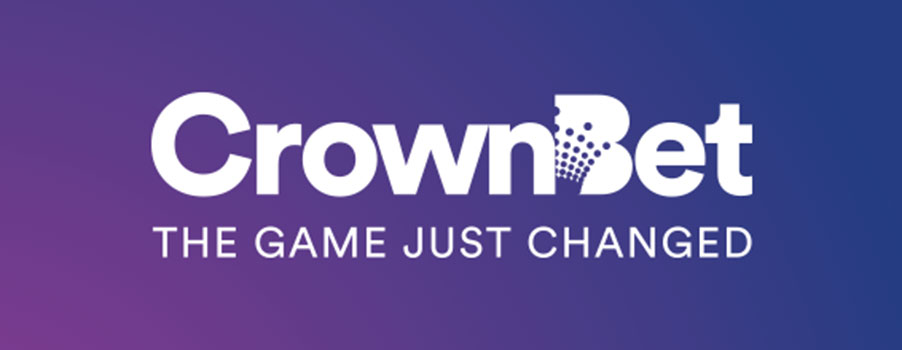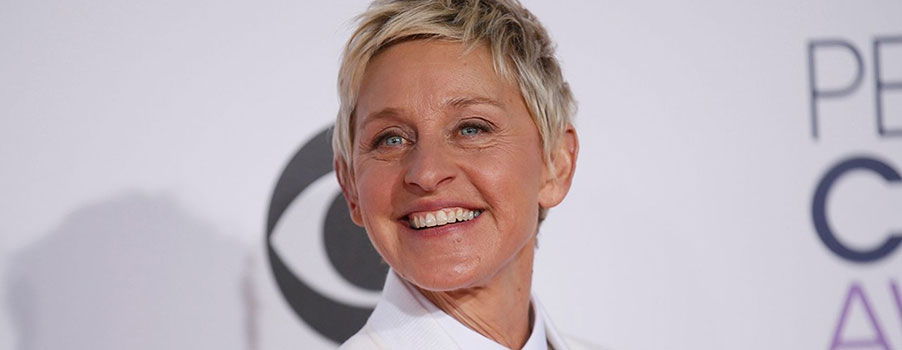While sports betting in all other parts of the United States outside the state of Nevada is on the verge of being legalized, there are a couple of new developments that are likely to affect the process in a rather negative way.
According to Twitter’s vice president of Analytics, Jeff Ma, even as the major sports leagues like the National Football League and the National Basketball Association become aware of the multibillion-dollar opportunity that sports betting offers, their approach towards getting a piece of the will end up impeding the ability to lead gamblers away from illegal betting and offshore operators. Ma also said that the NBA, in particular, has proven to be “short-sighted” by requesting a 1 percent cut on all the bets placed on its games.
If you are unfamiliar with Jeff Ma you might be wondering what a Twitter VP has to do with online sports betting. Well, Ma was once one of the leaders of the infamous MIT blackjack team which inspired the movie 21 and a book titled Bringing Down the House. He is a renowned expert in the gambling industry and has an incredible understanding of how the professional sports leagues work or operate – he even once served as a consultant for the NBA’s Portland Trail Blazers and the NFL’s Francisco 49ers.
“Traditionally, a lot of the leagues are run by lawyers so they think about how do we protect our assets, they don’t think about how do we monetize our assets,” Ma said in an interview with CNBC during the MIT Sloan Sports Analytics Conference. “In this case, they are thinking protect and charge people money instead of focusing on the bigger opportunity down the road.”
In Ma’s opinion, a partnership between the professional sports leagues and the sports betting operators will definitely be a better alternative especially at the earlier stages of the industry’s growth after the ban on sports betting is lifted. He also pointed out that while the flat fee off the top that the leagues are advocating for could certainly be feasible in the long run, the market will need to grow significantly before that.










